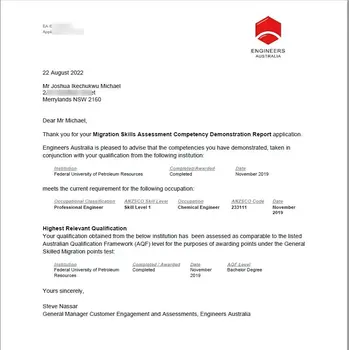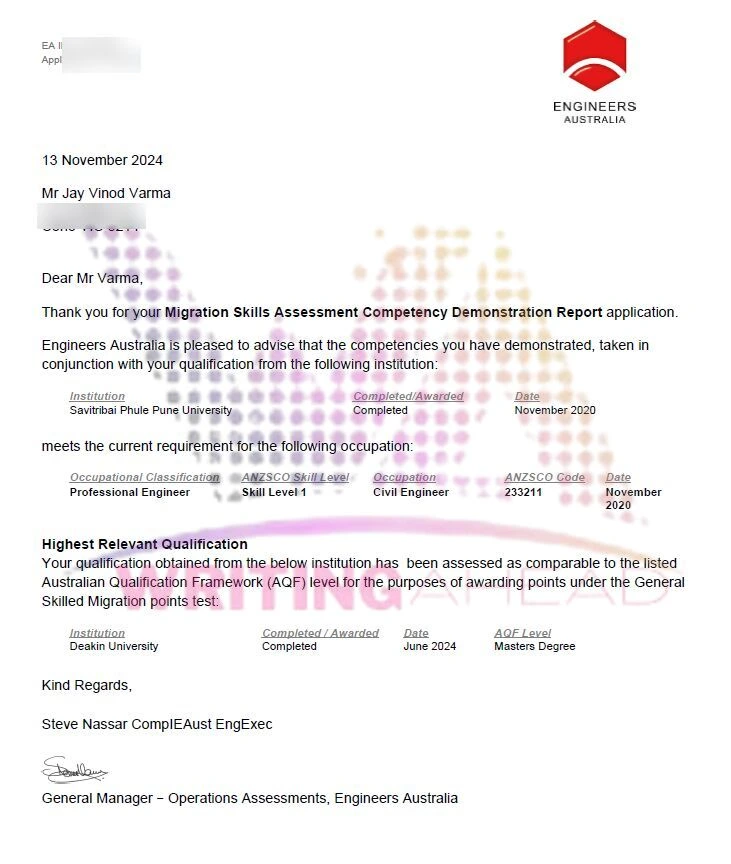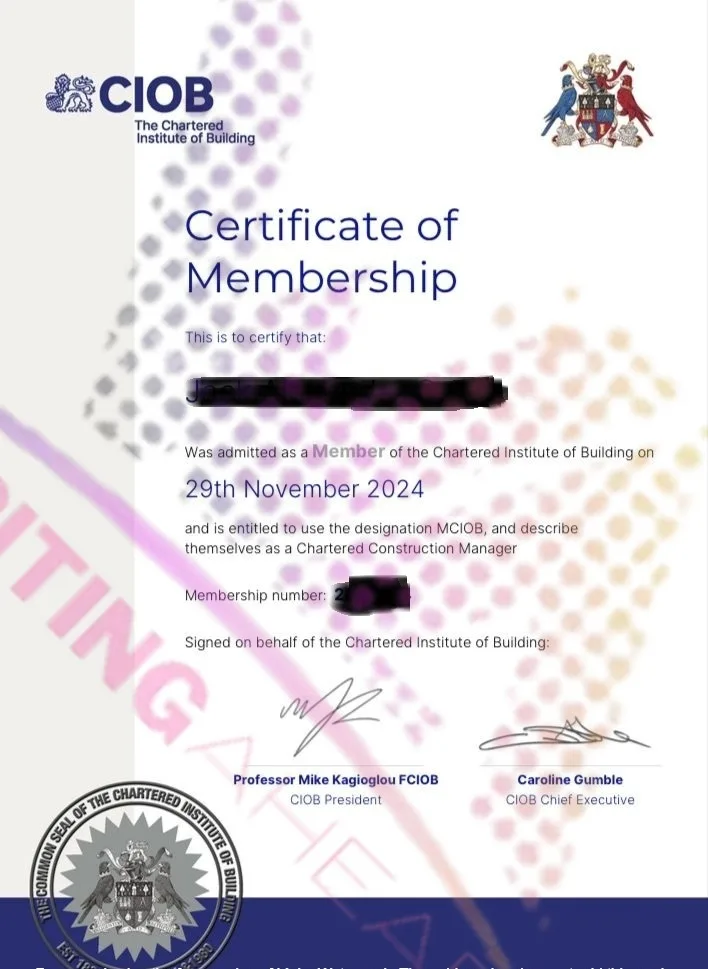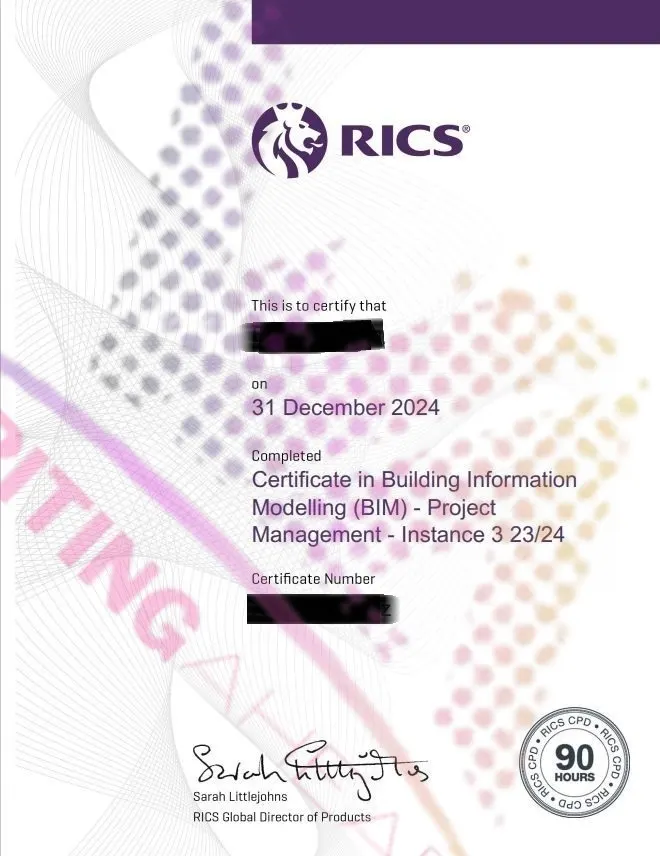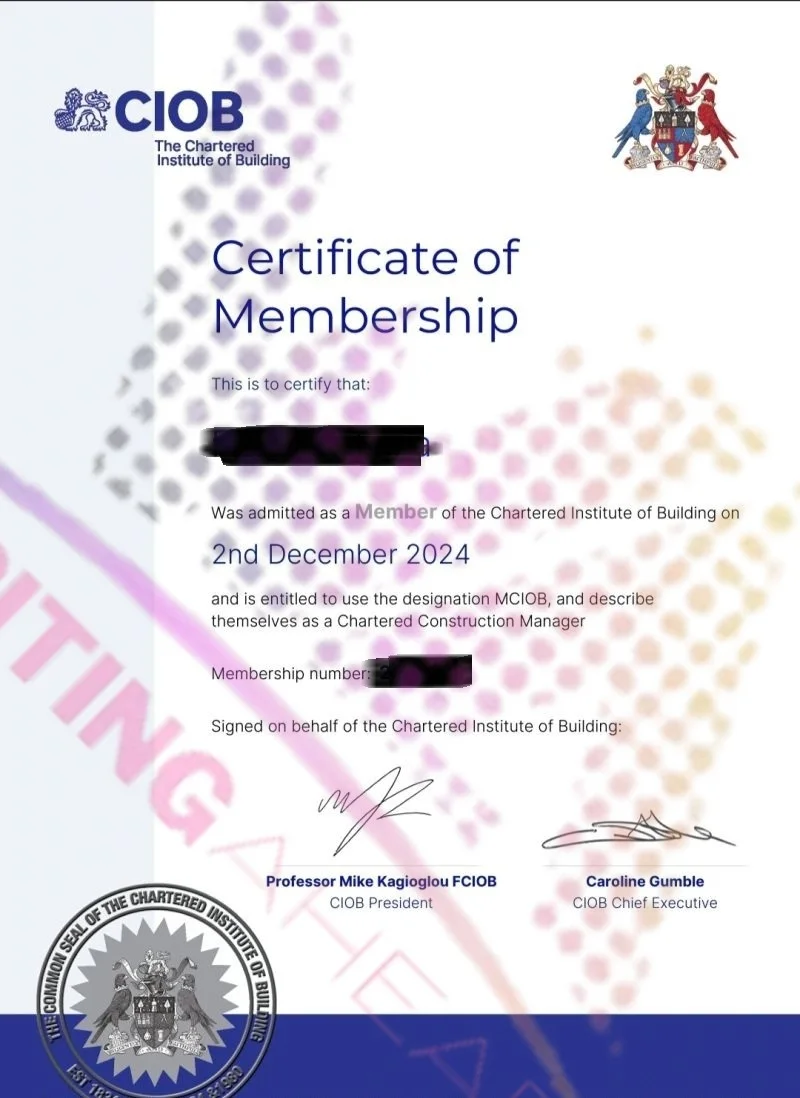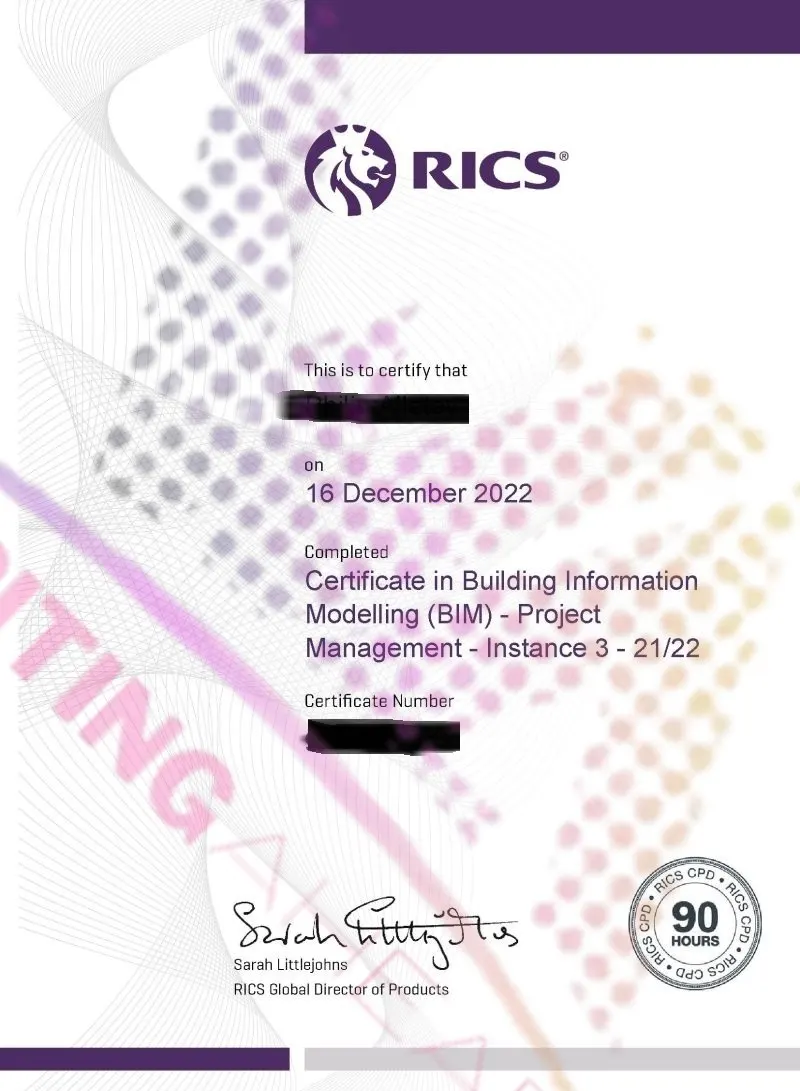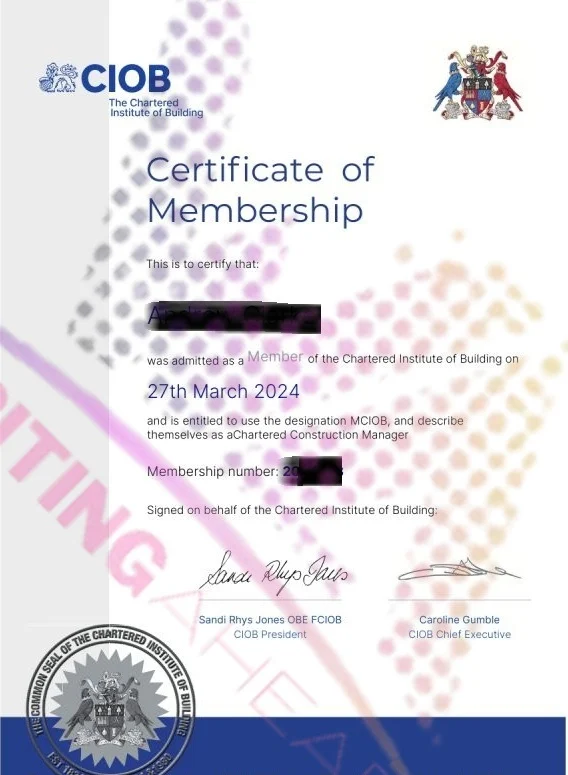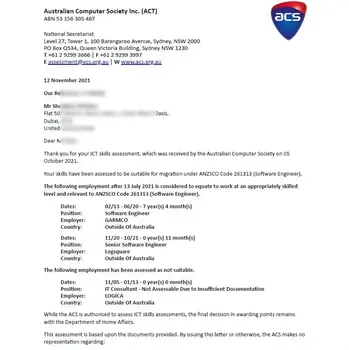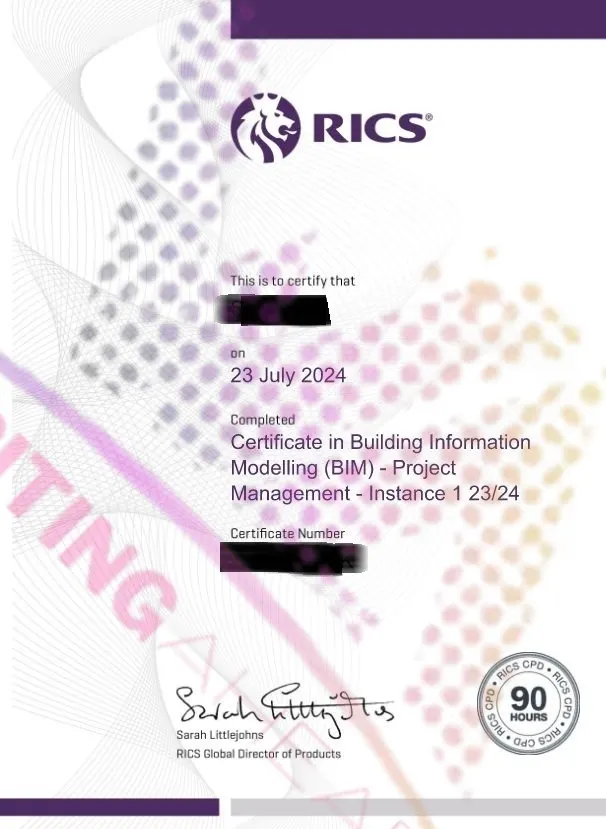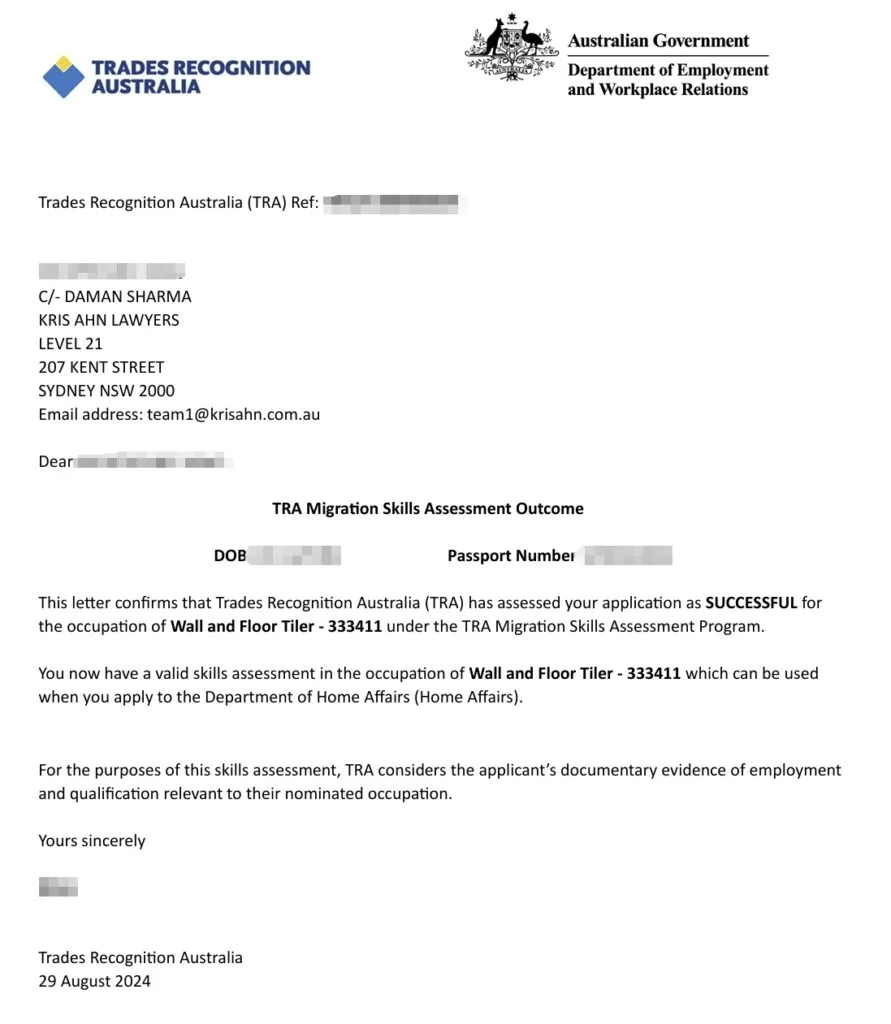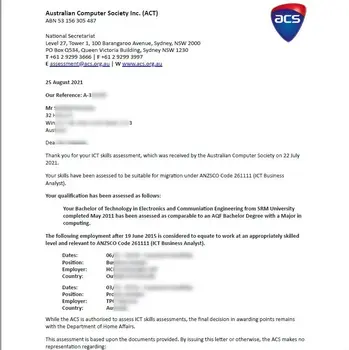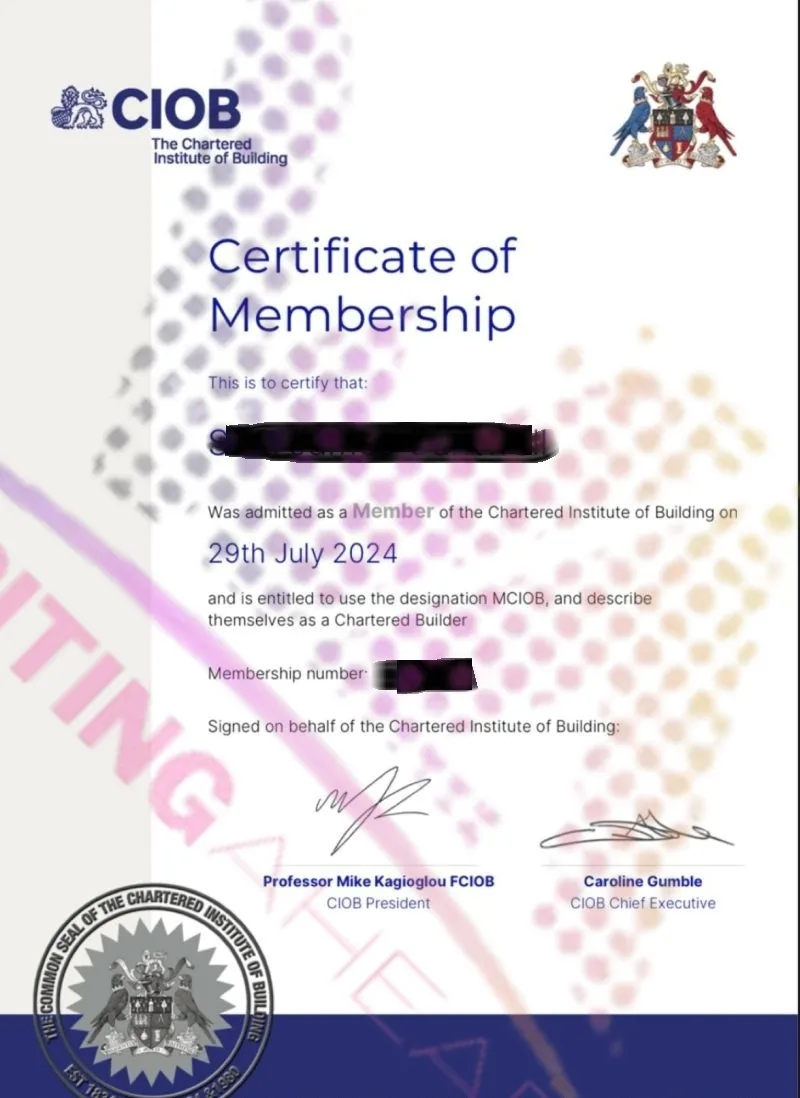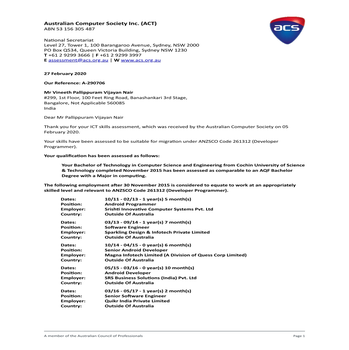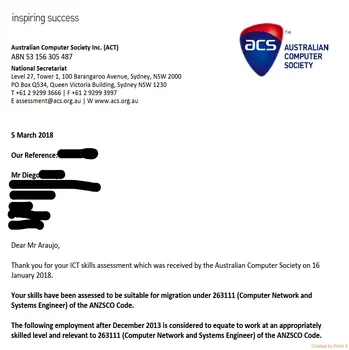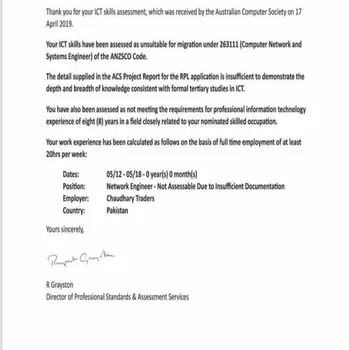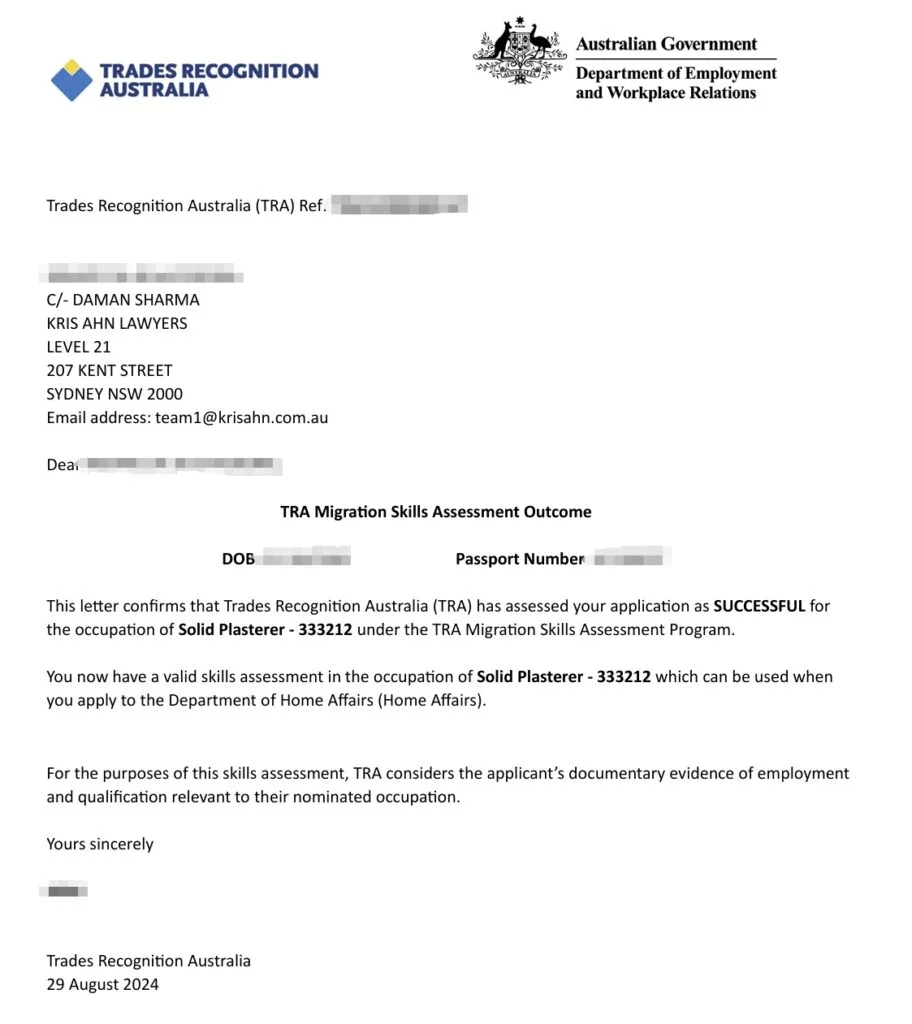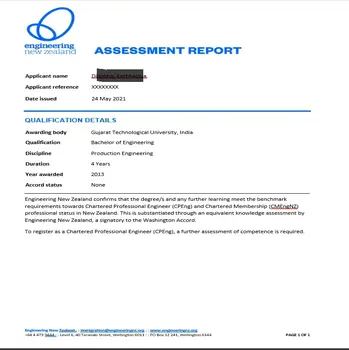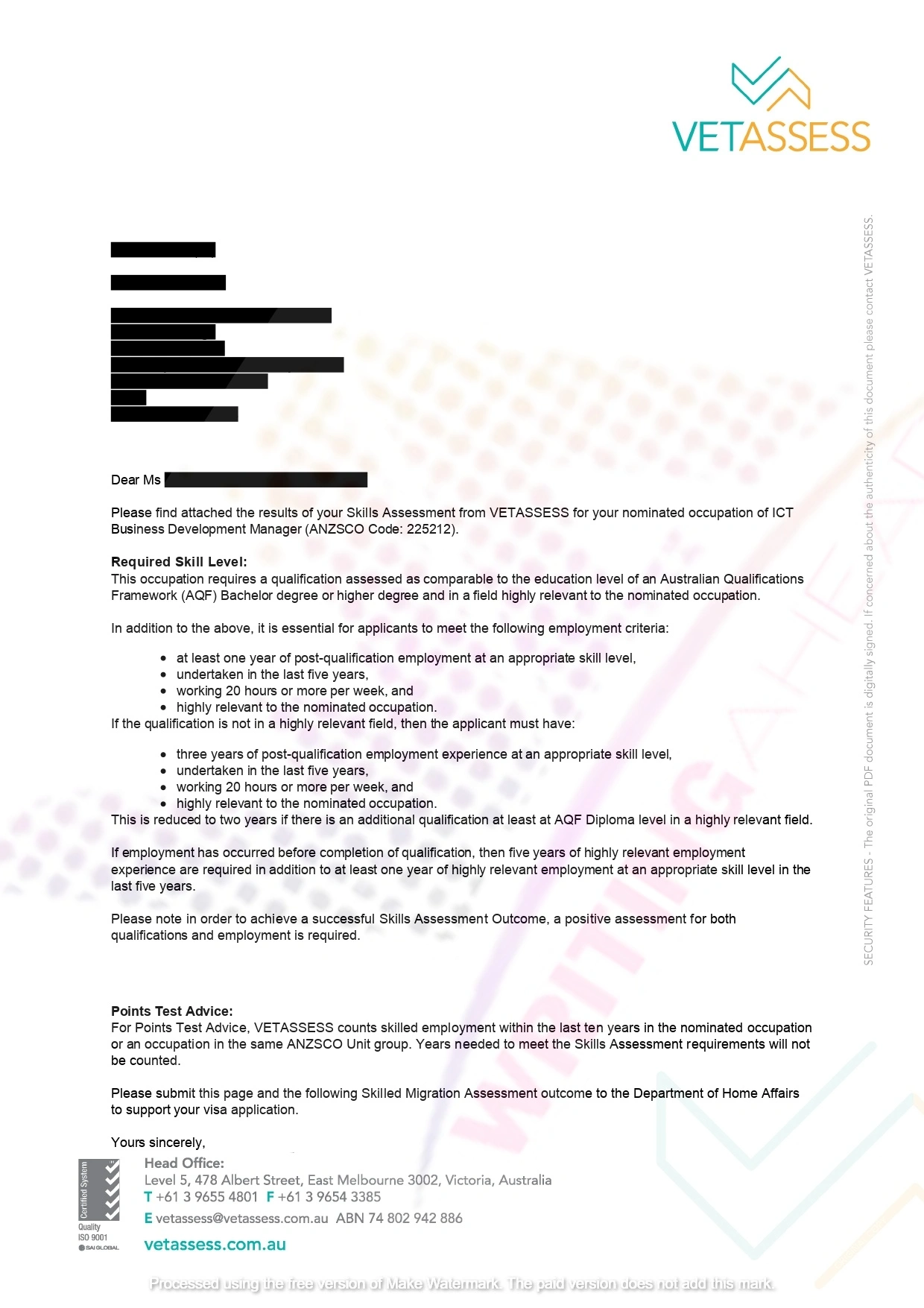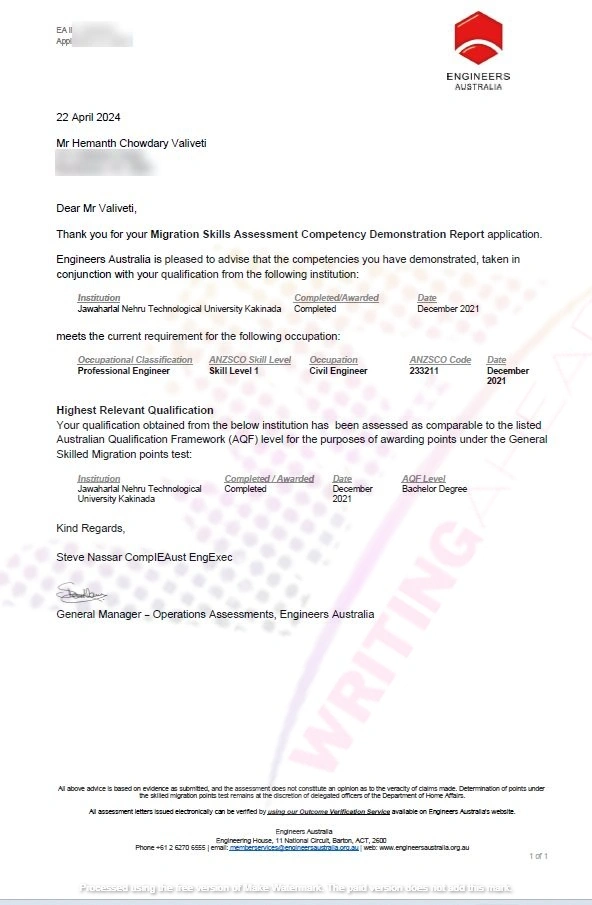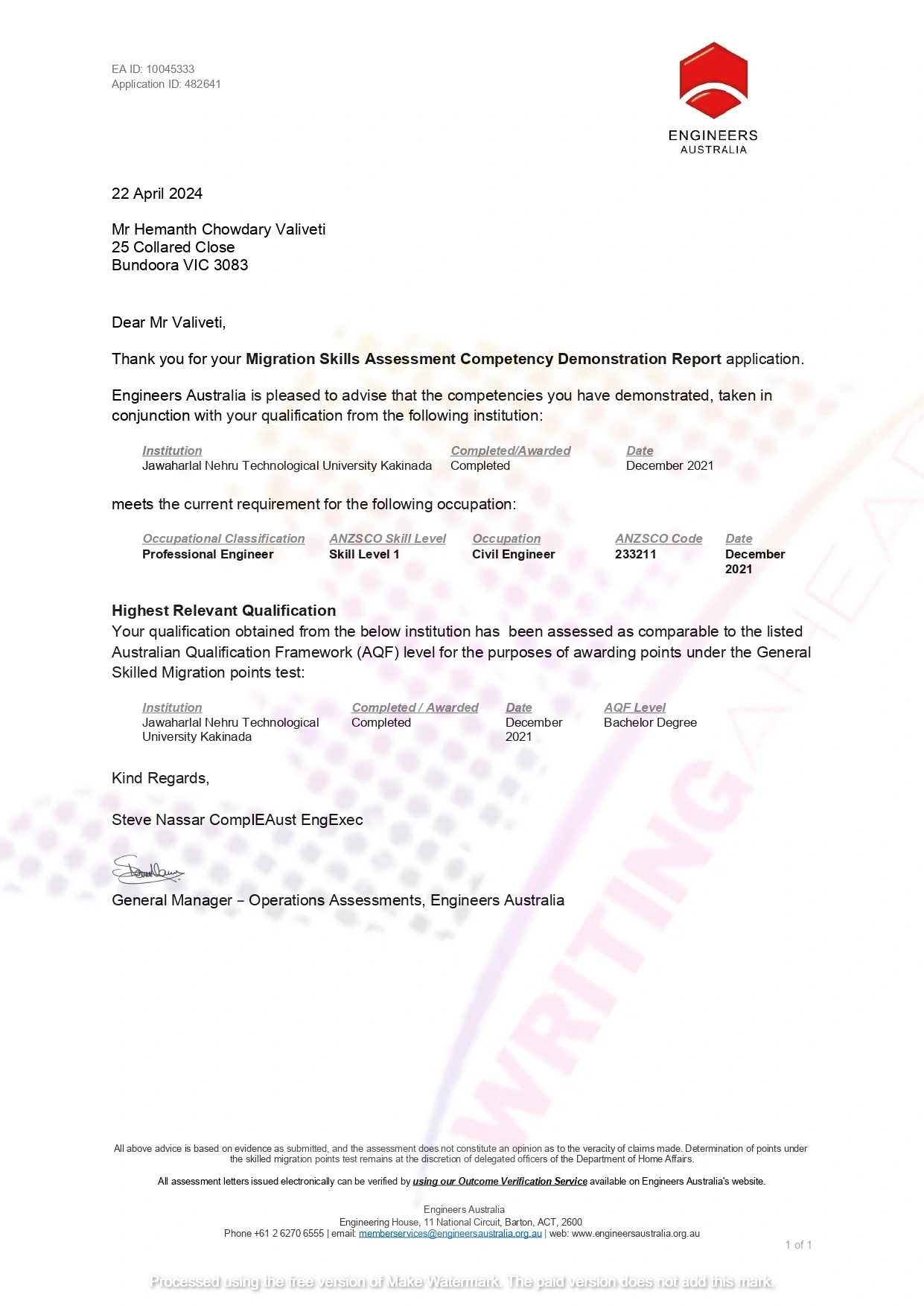RPL Report Writer Australia for ICT Professionals
🏅 4.9/5 Rating
Certified Experts
💯 Privacy
Premium Quality
🏅 4.9/5 Rating
Certified Experts
💯 Privacy
Premium Quality
ACS (Australian Computer Society) RPL (Recognition of Prior Learning) file is a crucial record for ICT professionals who want migrate to Australia however do now not possess ICT qualifications or qualifications that are not diagnosed by way of the ACS. Preparing an RPL report calls for meticulous attention to element and a deep expertise of the ACS requirements. Many specialists pick out to utilize RPL report writing offerings to decorate your possibilities of approval.
RPL writing services help ICT professionals in making ready their RPL Reports for submission to the ACS. Writing Ahead will help you to is designed to show off the understanding, talents and talents you have got gained through professional enjoy inside the ICT discipline.
An ICT Professional Without a Formal ICT Qualification - If your instructional background is non-ICT-associated (e.G., civil engineering, mechanical engineering, business).
An ICT Professional With an ICT Qualification That Is Not Accredited- If your ICT degree isn't always from an ACS-recognized institution.
The ACS RPL Report typically consists of two sections:
| Alternative Qualification Pathway | The RPL file allows people without formal ICT-related qualifications to show their competence inside the discipline. | This is in particular critical for specialists from non-ICT educational backgrounds (e.G., mechanical engineering, business) who've transitioned to ICT roles. |
|---|---|---|
| Skills Assessment for Migration to Australia | The ACS makes use of the RPL file as a part of the competencies evaluation method, a obligatory step for ICT professionals making use of for- Skilled Independent Visa (Subclass 189), Skilled Nominated Visa (Subclass 190), Skilled Regional Visa (Subclass 491). | The RPL report ensures candidates meet Australian industry standards in the ICT profession. |
| Showcasing ICT Competencies Through Experience | The RPL report lets in experts to illustrate the ICT abilities they've gained through work enjoy in preference to formal schooling. | It highlights an applicant’s hassle-fixing capabilities, technical capabilities, and equipment used in actual-global tasks. |
| Ensures Compliance with ACS Knowledge Standards | The RPL document guarantees that applicants have enough information in-ICT Professional Knowledge: Ethics, teamwork, communique, and undertaking control, ICT Technical Knowledge: Programming, networking, cybersecurity, database control, and machine design. | Applicants need to map their information and talents to ACS’s Key Areas of Knowledge. |
An RPL application can assist in determining your skills and experience when your official qualifications do not sufficiently address the requirements of the assessment body (such as VETASSESS or Engineers Australia).
Planning to migrate to Australia on skilled basis as an IT professional? You will not be required to have a formal IT degree, and you will have to provide an ACS RPL report in place of a CDR Report. At WritingAhead, we focus on assisting ICT professionals create 100% compliant and high quality RPL reports in accordance to ACS skill requirements. You be a software developer, network engineer or a cybersecurity specialist, our professional writers know how to assure your application rises to the top - and is approved.
WritingAhead is known as one of the optimal RPL report writers of ICT professionals. Having great ratings on such platforms as SiteJabber, Trustpilot, or Yellow pages, we have gained trust due to the regularity of quality and a great history of success. We are dedicated to accuracy and customer satisfaction, since we provide:
ACS RPL Australia Report includes two styles of submissions, depending at the applicant’s educational background and work experience.
Applicants who own tertiary qualifications however in fields apart from ICT need to demonstrate how they have received enough ICT know-how equal to an ICT professional on the companion or bachelor diploma stage. This type of RPL record requires candidates to:
This class is for applicants who can also have a few formal ICT training as a part of their qualifications but whose degree does not meet the ACS’s standards of being an ICT main. To qualify underneath this type of RPL, candidates ought to:
Regardless of the type of RPL document, all candidates need to submit two task reviews that provide distinct proof of their carried out ICT abilities. These tasks must be decided on cautiously to cowl numerous factors of ICT and reveal a deep expertise of the sphere. The project reports ought to include:
| Workplace Assessment: | This type of RPL includes evaluating someone's competencies and capabilities developed thru work experience. It typically requires amassing evidence, which include paintings samples, task descriptions, overall performance value determinations, and testimonials, to illustrate the applicant's skills. |
|---|---|
| Qualification Assessment: | Qualification-based totally RPL assesses formal qualifications and their relevance to a specific activity or position. This can involve assessing a person's instructional transcripts, certificates or diplomas to determine in event that they meet the educational necessities for particular role. |
| Life Experience Assessment: | Some RPL methods consider stories received outside of the administrative center, which include volunteering, interests, or non-public hobbies. The applicant may additionally want to offer a portfolio of evidence or take part in an interview to demonstrate their abilties. |
| Skills Recognition Assessment: | This type of RPL specializes in evaluating a person's competencies, such as alternate skills, language skillability, or different sensible talents, based totally on their experiences and achievements. |
| Formal Qualification Recognition: | This includes recognizing qualifications won foreign places or thru non-conventional educational pathways. The assessment compares those qualifications to neighborhood or formal standards to determine their equivalency. |
| Informal Learning Assessment: | Some RPL tactics renowned mastering that happens via ordinary reviews. For instance, someone may have received capabilities through self-observe, on-line publications, or personal studies. The evaluation measures these capabilities and knowledge against hooked up benchmarks. |
Writing a RPL report for the Australian Computer Society is a difficult procedure. Many candidates make mistakes that lead to rejection, delays, or maybe a 12-month ban from reapplying. To increase your probabilities of success, it’s essential to avoid those commonplace mistakes while getting ready your RPL document.
| Mistake: | How to Avoid: | |
|---|---|---|
| Plagiarism – The #1 Reason for RPL Rejection |
|
|
| Poor Project Selection |
|
|
| Weak or Generic Descriptions |
|
|
| Not Aligning Projects with Key Areas of Knowledge |
|
Map your project paintings to the 2 key expertise regions certain via ACS:
|
| Insufficient Technical Depth |
|
|
| Lack of First-Person Focus |
|
|
| Ignoring ACS Guidelines and Formatting Requirements |
|
Follow the ACS structure:
|
| Submitting Reports Without Proofreading |
|
|
| Incorrect ANZSCO Code Selection |
|
|
| Failing to Provide Evidence of Work Experience |
|
|
| Not Customizing the Report for ACS Submission |
|
|
To save you these mistakes, carefully assessment the ACS tips, collect strong proof and make sure that your RPL record is well-based, correct and professionally written.
By adhering to those pointers, you can maximize your chances of getting a positive competencies evaluation from ACS.
In the hand of a good RPL report you can improve your likelihood of your skills assessment by ACS becoming positive. Of course, by adhering to these tips of an expert, you will be able to make sure that your report:
These guidelines with precision is crucial during the RPL creation process. Any deviation from these directives could result in your application being rejected by ACS. WritingAhead's professional RPL writing services can greatly improve your chances of success.
Yes, It Is Legal to hire professional help to write your RPL report. WritingAhead will be professional consultants to assist you in showcasing your skills. Complete responsibility of submission lies with you.
An RPL certificates validates competencies and enjoy gained thru work or lifestyles, instead of formal education. For ACS RPL, it allows IT experts with out formal ICT qualifications exhibit their know-how to satisfy Australian migration necessities.
The use of the professional RPL writing services ensures that your file complies with ACS hints to reflect on your capabilities and experience pleasurably. They provide plagiarism-lax, custom reviews in order to reduce the possibilities of rejection and waste time. Their data increases your ACS approval possibility.
Yes, RPL Writing is absolutely felony in Australia. It is an officially identified process utilized by establishments, including the Australian Computer Society , to assess and validate capabilities, expertise, and revel in received through paintings or life, even with out formal qualifications. RPL is widely popular for education, expert reputation, and migration purposes underneath Australian legal guidelines and standards.
Once your RPL is registered with the ACS, you will have access to an immense talent assessment and this will allow you to make an application under Australia GSM and this is under professional migration visas. This reputation joins task options, and propels you toward provisions of need-based assembly visas, such as submitting and EOI or completing health tests.
The RPL reviews are normally considered to fit the needs of specific companies such as the example of the ACS to professional migration in Australia. A limited number of countries can however be offered RPL as part of their migration or recognition strategy as long as it adheres to their standards. It is outstanding to find out the particular requirements of the united states or authority that you are applying to.
Yes, RPL is widely used in the process of talent determination. It allows them to express their abilities, skill as well as to enjoy what they receive through work or life even without the education behind them. RPL finds application in the skilled migration system through the assessment of an applicant in determining his or her skill or professional reputation by bodies such as the Australian computer society.
Selection of experienced RPL writing service is the decisive procedure of ACS tests, which helps to guarantee the quality of your work, the lack of plagiarism, and proves to be effective description of your skills. Where you pay someone to do something professionally, you save the time, the possibility of error, and the chances of success.
Yes, it is possible to observe in Australia to get the Permanent Residency (PR) on an RPL (Recognition of Prior Learning) file. An successful RPL assessment with the Australian Computer Society is the aspect that can confirm your skills and enjoyment, and allows you to be granted professional migration visas via the GSM (General Skilled Migration) programme in Australia.
The advantages of using WritingAhead in regard to writing ACS RPL include their professional writers, original and customized reports and 99% success rate. They help in adhering to the ACS guidelines that help in displaying your skills and making the task time-saving.
WritingAhead ensures that it offers ACS-qualified RPL report by professional writers, custom-designed content and submissions without plagiarism. They closely check every record to correspond with ACS recommendations and ensure precision and high prices of approvals.
Yes, as far as talent evaluation is concerned, RPL can be involved. It allows individuals without formal qualification to display their skills and enjoy, fulfilling the demands of firms such as the Australian Computer Society migrating or professional fame.
